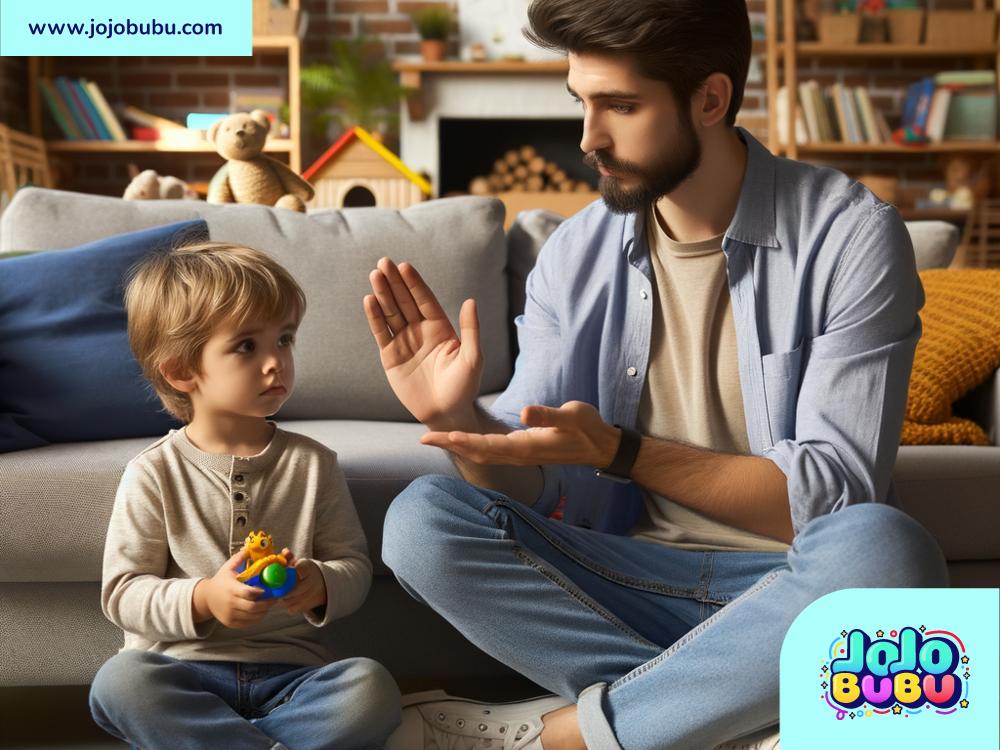Title: Learning to Say "No" – A Life-Changing Skill
Many of us struggle to say “no.” It seems like a simple word, but saying it can be hard when someone asks for help, wants our time, or pushes us into something we don’t want to do. However, learning to say “no” is one of the most important skills you can develop. It helps you live more freely, protects your time and energy, and allows you to stay focused on your own priorities.
Why is saying "no" so difficult?
There are many reasons why people find it hard to say "no." Some may feel guilty or worry that they'll hurt someone's feelings. Others fear disappointing people or being judged. You might think saying no will make you seem selfish or rude. In reality, saying no doesn’t mean you don’t care about others—it simply means you value your time and well-being.
Another problem is wanting to please everyone. If you're a “people pleaser,” you may feel like you must say yes to every request so others will like or appreciate you. Unfortunately, saying yes too often can leave you overwhelmed and exhausted. You can’t be everything to everyone, and trying to do so usually leads to stress, frustration, and burnout.
The power of saying "no"
When you say “no,” you take control of your life. It’s a way to set boundaries and protect yourself from overcommitting. Here’s how saying no can help:
-
Gives you more time: When you say no to tasks or commitments that aren’t important, you free up time for what truly matters—your goals, relationships, or relaxation.
-
Reduces stress: Overloading yourself with too many responsibilities can make life stressful. Saying no can ease that pressure.
-
Shows self-respect: By saying no, you remind yourself and others that your time and needs are valuable, too.
-
Protects your energy: Your energy is not infinite. Saying yes to everything can drain you. Learning to say no keeps your energy focused on things that align with your values.
-
Helps you focus: When you stop saying yes to everything, you'll have more space to concentrate on what truly matters. You become more productive and achieve your goals faster.
How to say "no" without feeling bad
Saying no doesn’t have to be mean or harsh. You can be polite and firm at the same time. Here are some ways to say no in a kind and effective way:
-
Be direct but respectful: A simple “No, I’m sorry, I can’t” works well. You don’t have to explain yourself.
-
Offer an alternative: You might not be able to attend an event or help someone, but you can suggest another option. For example, “I can’t help with this, but maybe someone else can.”
-
Use “I” statements: Focus on your own feelings or reasons, such as “I need to keep my schedule open” or “I’m trying to take care of myself.”
-
Delay your answer: If you feel unsure, you can say, “Let me think about it and get back to you.” This gives you time to consider whether you really want to say yes or no.
-
Be confident: Saying no can feel awkward at first, but over time, it gets easier. Speak clearly and calmly, and don’t apologize for valuing your time.
-
Practice gratitude: If someone asks for your help, thank them for thinking of you before saying no. For instance, “Thanks for inviting me, but I won't be able to attend.”
When to say "no"
Not every request deserves a “no.” Sometimes it's okay to say yes—especially if it fits your goals or makes you genuinely happy to help. However, here are situations where saying no is important:
-
When you're too busy: If your plate is already full, adding more responsibilities can lead to stress.
-
When it goes against your values: If something makes you uncomfortable or doesn’t align with your beliefs, it’s okay to say no.
-
When it’s a one-sided relationship: If someone constantly asks for favors but never gives back, it might be time to say no.
-
When it takes time away from what matters: If saying yes means sacrificing time with loved ones or personal growth, consider saying no.
-
When it harms your health: Your mental and physical health should always come first. Don’t agree to something that will push you beyond your limits.
Saying "no" is self-care
Learning to say no is an act of self-care. It helps you create balance in your life and focus on what truly matters. When you start saying no, you might feel nervous or guilty. But remember, saying no is not a bad thing! It’s a way to honor your time, energy, and personal goals.
The next time someone asks you for something, pause and ask yourself: “Do I really want to say yes to this? Does it fit into my life right now?” If the answer is no, don’t be afraid to speak up.
Saying no is not selfish—it’s smart. It helps you be the best version of yourself and ensures you don't spread yourself too thin. Practice saying no, be kind to yourself, and give yourself permission to prioritize YOU. It’s a skill worth mastering, and it can transform your life in ways you may never have imagined.

